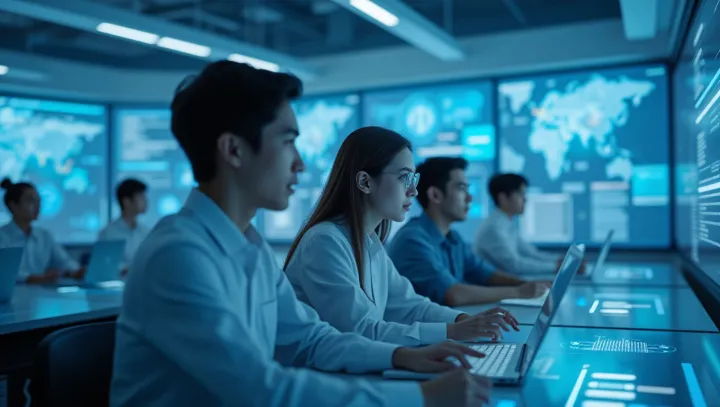Technological Revolution in Education

The integration of technology in education has fundamentally reshaped how learning occurs, with cities such as New York and Beijing setting remarkable examples. Virtual classrooms have become commonplace, enabling students from diverse backgrounds to participate in educational activities remotely. This aspect of modern education has ensured continuity even in challenging times.
Experts like Dr. Emily Green from the University of Technology and Innovation argue that AI-powered tools are revolutionizing personalized learning. These tools adapt to the pace and learning style of each student, providing tailored educational experiences.
Dr. Green emphasizes the importance of keeping technology at the forefront to meet the evolving demands of the educational landscape. Moreover, technology's role in education extends beyond learning enhancements; it breaks geographical barriers, making quality education more accessible globally.
In a recent study, conducted by the Global Education Network, data showed a significant increase in educational engagement and learning outcomes when technology was effectively integrated. As technology continues to advance, it remains a crucial player in the modernization of education, raising questions about future implications. Will we witness further integration with emerging technologies like virtual reality and blockchain.
The education sector must be prepared to harness these advancements for the benefit of students worldwide.
